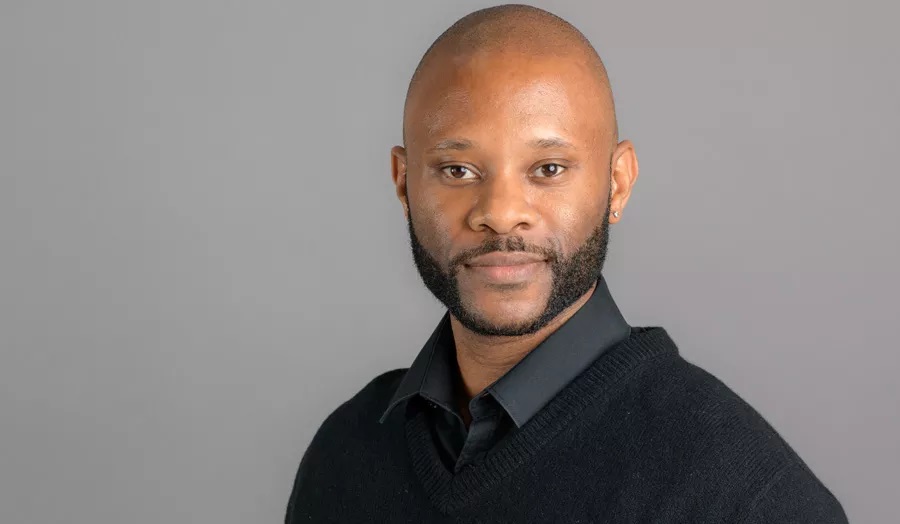London Met's Kevin Brazant on the issues that impact Black men's mental health, following an expert panel discussion he took part in at the Men and Boy's Coalition.
Date: 4 May 2022
Last week saw the Men and Boy's Coalition (MBC) hold a panel event on the issues that impact Black men's mental health and how services can better support Black men. We sat down with London Met's Kevin Brazant to hear about the group and his involvement.
What is the MBC and why did you get involved with the project?
I've just literally hot off the press recently joined them. It started, I think around maybe 2015 or 2016. So they've been around for a few years and really what the Coalition is focused on is looking at issues that affect men and boys. This links to my research and my practice areas of interest because my work is largely concerned with exploring issues that affect men and boys. I come from a youth work background and did youth work for a number of years and was working mainly with boys and young men who were caught up in all sorts of issues. Whether that was like serious youth violence or exclusion, or underachievement in education, or suicide.
What lessons can your social work students take from the MBC?
[They can learn] how things are changing, you know? It is a space for practitioners, academics, researchers and policy influencers, senior managers, to come and really influence and share.
It's a nice way of keeping current on what's happening nationally up and down the country, finding out what's happening in different areas, in different cities across the UK and also finding out how people are responding to those issues as well in terms of their practice. So for me, that really informs any of my lectures on work that I do. It often informs how I then prepare our students because my role is to help with developing their learning.
One of the key areas that I'm very passionate about is how we can engage with men as caregivers and positive father involvement. That involves looking at themes of masculinity and male identity, which then helps the influence and inform how we then keep social work students abreast of new developments, and what's happening in the field. That way, when they graduate and become qualified social workers or practitioners they're aware of the policy landscape and the legislative landscape. And they're also aware of practice and how to develop that too.
Can you tell us how London Met is tackling the issue of suicide?
We're connected with James' Place now, which is a suicide charity in London. I was one of the people that bridged the gap to get in touch with James' Place, which focus on really looking at issues of suicide around men. And they've just recently been funded to do specific projects around male students as well. Building these links with charitable organisations that can help to educate us around informed approaches to working with men is really important.
Can you speak on the specific and unique issues facing Black men while accessing health services?
I think for me, one of the big issues that we need to think about with Black men is access to services. Regardless of your ethnicity, if you're a man turning up to public sector services, there could be significant challenges and barriers to engagement in that area. I do think it becomes more apparent for Black men or those who identify as Black or people of colour because I think there is stigma around mental health and a general lack of trust in public services. But I think also with that issue of the stigma, there is an issue around what I will call kind of Black invisibility.
What I mean by that is there aren't really services that recognise the cultural experiences that Black men have, which would be maybe different from your average guy. So, for example, when we consider certain cultural practices or beliefs, if we consider religious influences or spiritual influences for some communities as well, I think there isn't always a full understanding or a recognition of that in terms of our services and the way we deliver them.
We could do more as a service to recognise the complexities and that's why it comes back to us being more open to that motion of invisibility. And if, if you're denied, and your values and your practices and your cultural beliefs are not recognised, then it renders you invisible to services. So I think it then becomes very difficult for you to engage with services and for services to see you.

